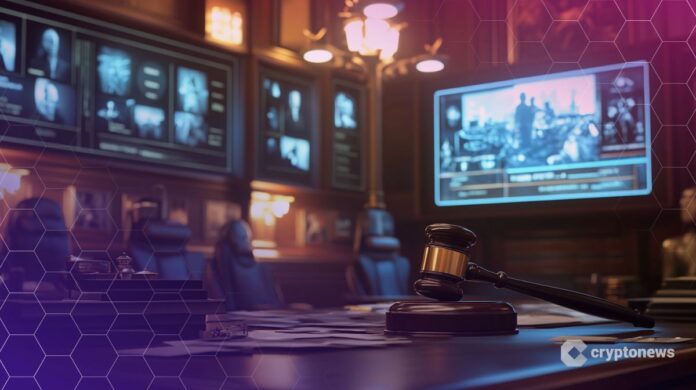NFT Trademark Battle: Yuga Labs’ $9 Million Win Overturned
The United States Court of Appeals for the Ninth Circuit has dealt a significant blow to Yuga Labs, the creator of the Bored Ape Yacht Club (BAYC), by overturning a $9 million judgment in their favor. The appeals court ruled that critical questions about consumer confusion in trademark infringement and cybersquatting claims must be decided by a jury, rather than through summary judgment. This decision sends the case back to the district court for trial, potentially incurring millions in additional legal fees and damages.
Background: The BAYC Trademark Dispute
The dispute began in May 2022, when artist Ryder Ripps and his associate Jeremy Cahen created a collection of NFTs called the “Ryder Ripps Bored Ape Yacht Club,” which used identical cartoon images to Yuga’s original BAYC NFTs. Ripps claimed that his project was a form of satirical commentary, exposing alleged “neo-Nazi symbolism, alt-right dog whistles, and racist imagery” in the original collection. Yuga Labs, however, saw this as a clear case of trademark infringement and cybersquatting.
NFTs Can Be Trademarked: A Crucial Precedent
Despite the overturning of the $9 million judgment, the appeals court affirmed that NFTs can be trademarked as goods under federal law. This sets a crucial precedent for digital asset trademark protection, distinguishing NFTs from intangible content found in physical products. The court recognized that NFTs, such as those in the BAYC collection, function as more than just digital ownership certificates, serving as membership passes for exclusive online communities and granting access to branded merchandise and celebrity events.
The Appeals Court’s Decision: A Mixed Bag
The appeals court applied the eight-factor “Sleekcraft” test to evaluate the likelihood of consumer confusion, finding mixed results that prevented a clear legal determination. While some factors favored Yuga Labs, others supported the defendants’ position. The court acknowledged that BAYC marks possessed both conceptual and commercial strength, but also noted that the defendants’ use of the “RR/” prefix created sufficient visual and auditory differences from the original BAYC acronym. Additionally, the court found that NFT purchasers were “inherently sophisticated” consumers, given the complexity and high prices of digital collectibles.
Implications for the NFT Market
The ruling comes as the broader NFT market continues to decline, with trading volumes dropping 80% to $823 million in Q2 2025, from $4 billion the previous year. Multiple major platforms have shut down their NFT operations, and lending markets have collapsed by 97% from a nearly $1 billion monthly volume. Despite this, both Yuga Labs and the defendants have indicated plans for continued litigation, highlighting the importance of establishing clear guidelines for NFT trademark protection.
As the case heads back to the district court for trial, it remains to be seen how the jury will decide on the questions of consumer confusion and trademark infringement. One thing is certain, however: the outcome of this case will have significant implications for the future of NFTs and digital asset trademark protection.

